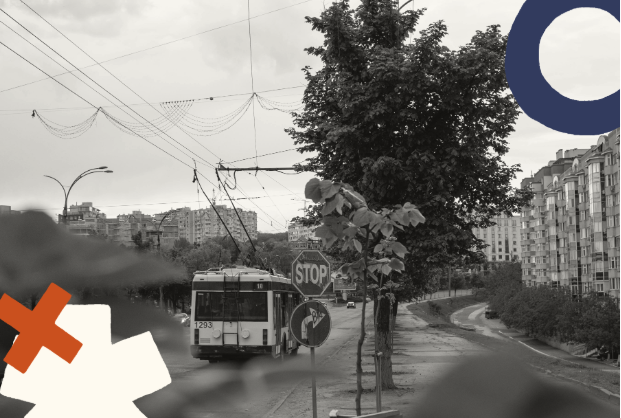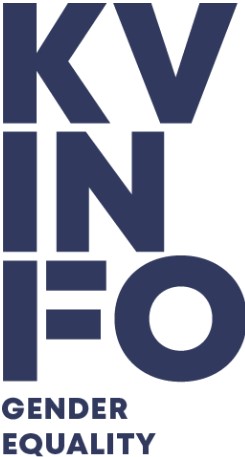Where we work
Moldova

WORKING FOR GENDER JUSTICE INTERNATIONALLY
In addition to Moldova, KVINFO works in Armenia, Ukraine, Morocco, Tunisia, Egypt, and Jordan.
Click on one of the countries above to read more about our work.
WHY WE WORK IN MOLDOVA
Considerable progress has been made in Moldova in recent years to advance gender justice, including the ratification of the Council of Europe Convention on preventing and combating violence against women and domestic violence (Istanbul Convention) in 2022. Despite the progress made, gender inequalities persist, and conservative gender norms and stereotypes are still common.
According to the European Commission, there is a high prevalence of gender-based violence (GBV) in Moldova, diverse educational choices by women and girls are limited, and gender occupational segregation exists. Moreover, women have limited access to justice and there are insufficient financial and human resources to advance women’s rights. The 2020 report from the Commissioner for Human Rights of the Council of Europe shows that the prevalence of domestic violence in Moldova surpasses levels in the EU. About 73 percent of women in Moldova have faced abuse from their partners, with 71 percent experiencing psychological abuse (EU average is 43 percent), 33 percent facing physical violence (EU average is 20.9 percent), and 25 percent suffering sexual violence (EU average is 7 percent). The European Commission has urged Moldova to undertake further measures to eliminate GBV as part of the country’s accession process to the EU. Moreover, key recommendations from a study on digital violence against women in Moldova, conducted by the Council of Europe, include financial support for civil society organisations (CSOs) for an effective response to online and technology-facilitated gender-based violence (TFGBV).
Amnesty International’s country report on Moldova from 2023 shows that discrimination against openly LGBTIQ+ people is of frequent occurrence, indicating that campaigns and information work to challenge stereotypes related to sexual orientation and gender identity is needed.
According to the World Bank, the female labour force participation rate in Armenia stood at 73 percent in 2023, which is well above the global rate of 55 percent. However, according to UN Women Moldova, the market employment rates in Armenia are low among vulnerable women, including Roma women, women with disabilities, and rural women, due to intersectional discrimination. This indicates a need for addressing deep-rooted stereotypes that hinders gender equality and social inclusion in the Moldovan society.
WHAT WE DO
Together with local partners we address issues related to gender-based violence and gender just legislation and policies that ensure an inclusive society without gender discrimination, including equality in the labour market. Moreover, we work on challenging gender stereotypes and norms among both rights holders and duty bearers, including those affecting LGBTIQ+ individuals, minorities, and people with disabilities. In collaboration with partners, we also produce knowledge on gender justice issues, which is used for evidence-based advocacy to advance gender justice and eliminate harmful practices.
Examples of work with partners include:
- Combating sexual harassment in the workplace
- Advocacy for legislative reform promoting an inclusive society, including women’s inclusion in the labour market
- Preventing and combating gender-based violence by raising public awareness
- Capacity building of professionals and service providers
- Promoting inclusion of youth
WHO WE WORK WITH
In Moldova, KVINFO works with well-established women’s human rights organisations with broad outreach, strong networks, and grass roots understanding of local issues that they can use for local, regional and national campaign and advocacy work. Moreover, the organisations have proven experience and results in influencing legislative and political actors and processes as well as engaging civil society for strengthened gender justice.

